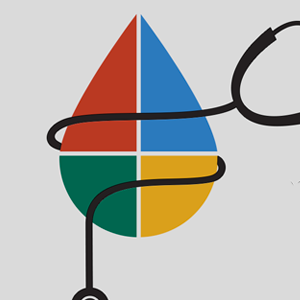Cigarette smoking is the chief cause of preventable disease and death in the United States and can harm nearly any part of the body. Cigarette smoke is a toxic mix of more than 7,000 chemicals1 and, when inhaled, can interfere with important processes in the body that keep it functioning normally. One of these processes is the delivery of oxygen-rich blood to your heart and the rest of your body.
How Does Smoking Affect Your Cardiovascular Health?
When you breathe in air from the atmosphere, the lungs take in oxygen and deliver it to the heart, which pumps this oxygen-rich blood to the rest of the body through the blood vessels. But when you breathe in cigarette smoke, the blood that is distributed to the rest of the body becomes contaminated with the smoke’s chemicals. These chemicals can damage to your heart and blood vessels,1 which can lead to cardiovascular disease (CVD)—the leading cause of all deaths in the United States.











